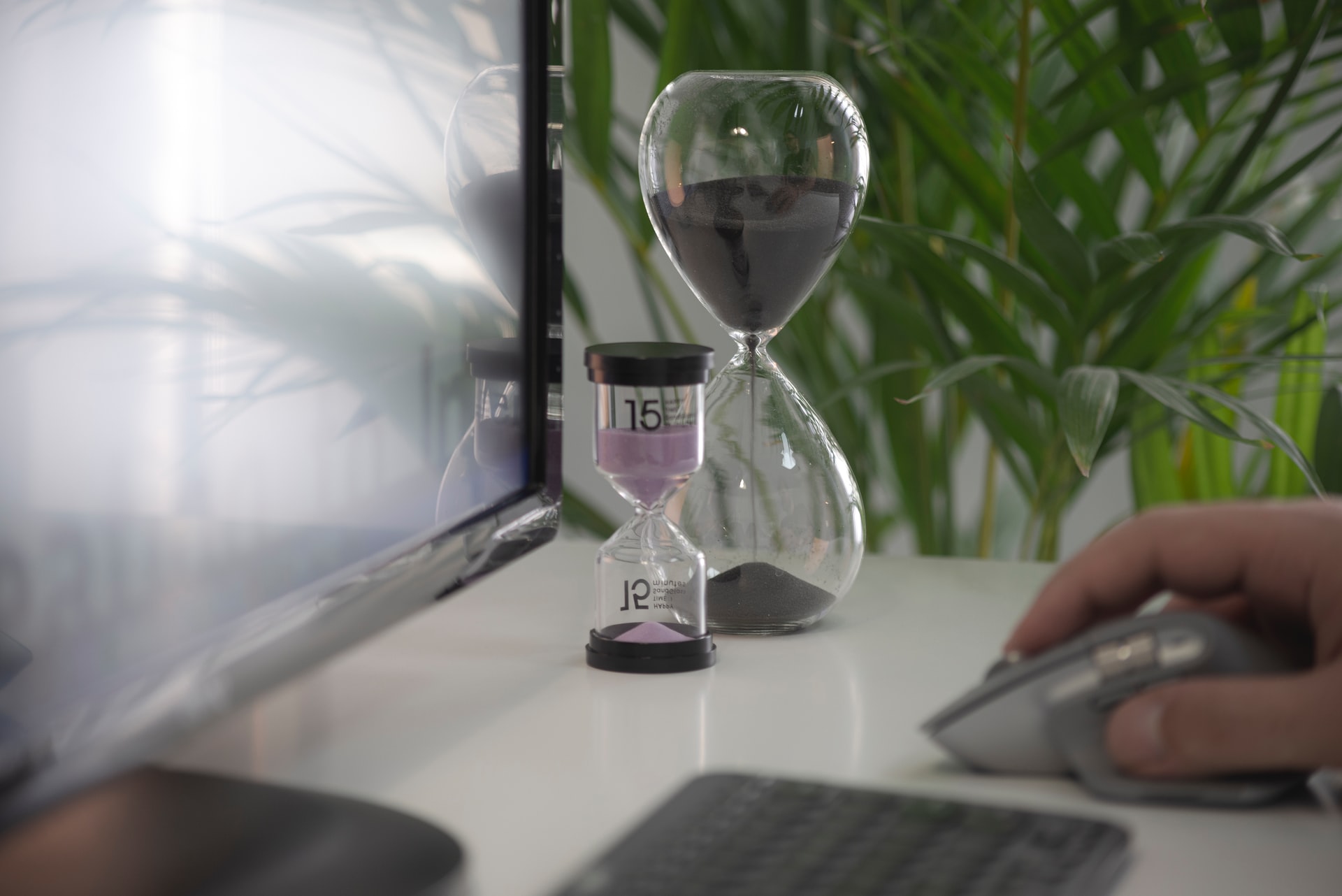
Between keeping the lights on, the air conditioning, the furnace, the hot water heater, and other home appliances, utility bills can rack up real fast. In fact, a typical household spends about $1500 a year on utilities. And while it’s impossible to avoid racking them up, there are ways to tweak your usage to save money on your utility bills. Here are some ideas.

In This Article
1. Turn off lights and unplug vampire appliances
This might sound rather obvious, but it’s probably the easiest to overlook. As they say, things that are easy to do are also easy not to do.
Turning off light bulbs is the easiest thing you can start doing to save on that massive energy bill.
Plugged-in electronics(vampire appliances) continue to consume small amounts of energy as long as they remain connected to the outlet.
It’s a good idea to get everyone in your house into the habit of switching stuff off, including the television.
2. Use energy-efficient bulbs
Choose LED bulbs or fluorescent light bulbs(CFLs). They both consume less energy.
Not only are they good for your wallet, they’re also good for the environment.
3. Change your thermostat setting
Adjusting your thermostat is another effortless way to save money on utility bills. You can save up to 10% of your energy bill when you adjust your thermostat by 7-10% for about 7 hours a day.
To achieve this with minimum inconvenience, reduce your heating or cooling setting during hours when you’re not at home or when you’re asleep.
Or even better, get yourself a smart thermostat that’ll let you preset the thermostat to make the temperature adjustment during those hours. That way, it’s automatically done, and you don’t have to remember to change it.
- Read More: 12 Easy Ways to Save Money on Groceries
4. Take advantage of off-peak rates.
Energy demand is often at its highest during certain times in the day and certain months of the year. An example of peak time is evenings when most people are at home making dinner, watching TV, doing laundry, and ironing. Energy is also in high demand during hot summer months when most residents turn on their air conditioning and during cold winter months when they turn on the heating.
Some electricity companies offer plans that charge less during off-peak hours when energy demand is at its lowest. So if you move some of your energy use, like laundry and dishwashing, to early mornings or late nights, you’d be able to save some money on your energy bill. Nowadays, washing machines and dishwashers allow you to set an exact time to run or even delay a run for, say 3 hours.
5. Seal air leaks on doors and windows
When trying to control the internal temperature, you’ll encounter challenges if there are air leaks through doors and windows.
If it’s cold outside, you’ll need proper insulation and heating, and even the slightest air leaks from outside will compromise them.
On the other hand, if it’s scorching outside, you’ll want your air-conditioning to work at a hundred and wouldn’t enjoy any warm air getting in through leaks.
Air leaks will lead to inefficiencies in your HVAC (heating, ventilation, and air-conditioning) systems, making them inefficient, resulting in more energy costs.
Make sure to get such leaks sealed to save you a couple of hundred bucks on utilities.
6. Cut out cable TV
Many people don’t really know the price tag of a TV.
Besides being pretty expensive, TV consumes electricity and involves a costly cable subscription service, not to mention how much it costs you in terms of time when you sit down to watch it.
While I would advocate for getting rid of the TV entirely, I know it’s not easy.
So why not consider canceling cable TV and replacing it with over-the-air television.
It will help you watch less TV and use your time more constructively while also saving you quite a bit every month.
7. Cancel unused/unnecessary subscriptions
Go through your bank/credit card statements and identify all your monthly subscriptions.
Do you have more than one streaming service? Do you use them, or do you need to cancel some – or even all – of them?
Got a gym membership? Can you replace gym sessions with home workouts?
Recurring bills from subscriptions could represent a bigger slice of your expenses than you think.

















